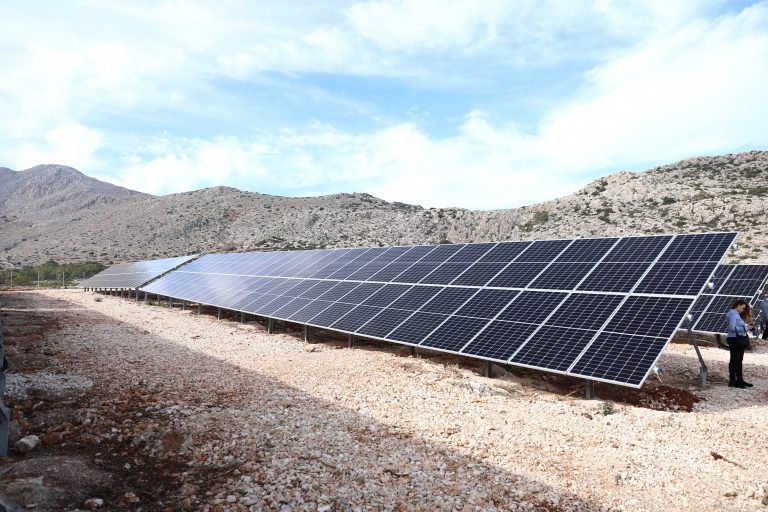New incentives for energy storage projects in Greece are set to be approved on Thursday, April 3, by the country’s Regulatory Authority for Energy, Waste and Water (RAAEY), paving the way for higher performance — both technically and economically — in the sector.
This “road map” outlines the methodology for the annual support of battery energy storage projects, clarifying issues such as compensation mechanisms and project grouping for approximately 900 MW of capacity that won RAAEY’s three competitive tenders.
The support scheme aims to encourage investors to operate their units more efficiently. A source from the Ministry of Environment and Energy explained: “The more efficiently a unit operates, the more money it will earn.”
The winning projects in RAAEY’s tenders were selected based on the lowest bid per MWh and are eligible for both investment and operational support. But the Ministry warns that without proper safeguards, a bidder could claim viability at €100,000/MW per year and receive the full amount of the support – even without selling power to the market.
How the Support Will Be Calculated
The Ministry clarified: “The entire €100,000 will not be granted as a subsidy. The aim is for the project to earn as much as possible from the market,” and the remainder will be covered by the subsidy.
The methodology will group similar projects and use average revenue benchmarks. For instance, if the average revenue of similar projects is €60,000, a project that won the tender with a €100,000 bid would receive €40,000. If the market yield rises to €70,000, the subsidy drops to €30,000. And if the specific project itself earns €80,000, it still only receives €30,000 — the difference from the group average. “This gives operators a strong incentive to maximize efficiency,” a Ministry source noted.
Soaring Investment Interest in Storage
Beyond the ~900 MW awarded through RAAEY tenders, applications for 9,370 MW were submitted in 2024 alone, pushing total requested capacity to 19,200 MW. An additional 6,700 MW of renewable energy projects with integrated storage have also applied for grid connection terms via ADMIE (the national transmission operator).
Meanwhile, on the distribution side (DEDDIE), pending applications for storage exceed 900 MW. According to RAAEY, initial production licenses have already been granted for 63,600 MW of storage projects, both by Greek and foreign companies.
This is well beyond the national target of 4,350 MW by 2030, as outlined in the National Energy and Climate Plan (NECP). The target is expected to be covered by the 900 MW already awarded and an additional 3,550 MW of battery storage projects that will receive fast-track support under a new call by the Ministry.
However, due to high renewables penetration, real system needs may rise to 7 GW by 2028. In terms of connection to ADMIE’s transmission network, 24 battery storage units totaling 793 MW secured final offers in 2024.
Source: OT



